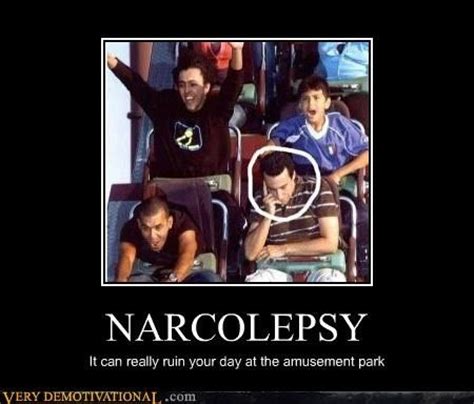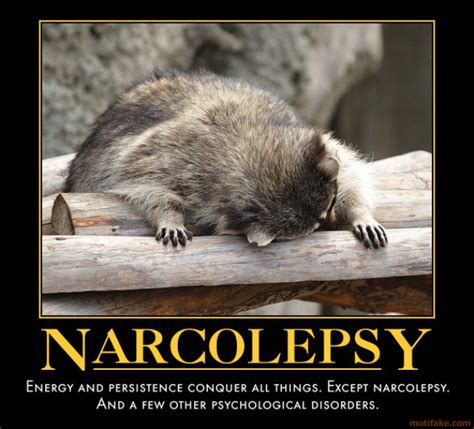A pharmaceutical company in Denmark has developed "brain-accessible orexin peptides" to treat Narcolepsy 1.
Peptides are strings of amino acids. Amino acids build proteins in the body, but these strings aren't large enough to form proteins.
Lab-made peptides can be used to mimic some peptides found naturally in the body.
So, the upshot of this--and why it is such FANTASTIC news--is that they are going to be able to essentially put orexin in your brain--you know, where it's supposed to be to begin with.
It is too early to get overly excited. There's still getting it to market to consider, as well as getting it approved by the FDA for sale in the U.S. And then, naturally, how much it will cost and whether or not insurance will cover it.
But it's a start.
Also, Jazz Pharmaceuticals is developing an orexin agonist refered to as DSP-0187.
In its First Quarter 2023 Financial Results and Affirms 2023 Financial Guidance announcement, Jazz pharmaceuticals includes the following information under the Key Pipeline Highlights section of the announcement:
--JZP441, is a potent, highly selective oral orexin-2 receptor agonist designed to activate orexin signaling with the potential to be applicable in the treatment of narcolepsy, IH and other sleep disorders.
--A Phase 1 development program to evaluate safety, tolerability, pharmacokinetics and pharmacodynamics of JZP441 in sleep-deprived healthy volunteers is ongoing.
--The Company expects initial proof of concept in healthy volunteers in 2023.
An agonist, by the way, is a drug or substance that binds to a receptor inside a cell or on its surface and causes the same action as the substance that normally binds to the receptor.
Both of these developments are potentially life-changing for narcoleptics. And for the people with debilitating narcolepsy, This could literally give some of us back our lives.

